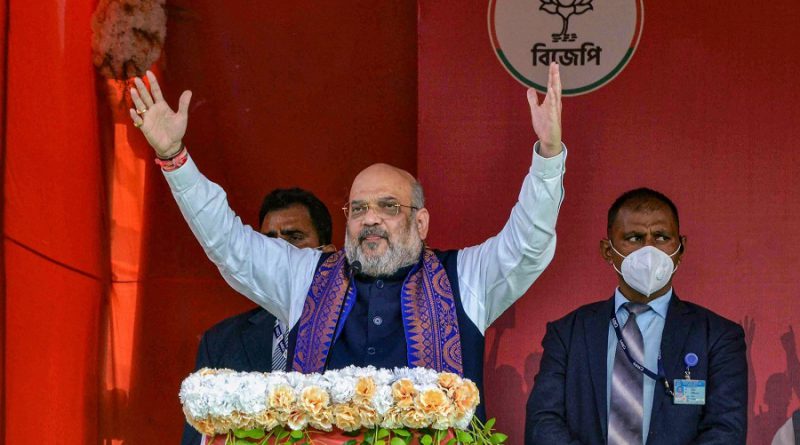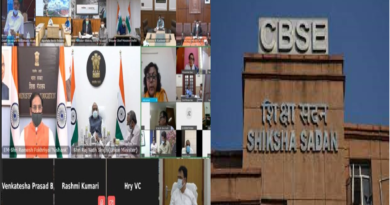CAA Implementation again after vaccination
In the Thursday rally in Bengal, the Home Minister, Amit Shah gave a clear hint regarding the implementation of the Citizenship Amendment Act (CAA), 2019. He said,
“CAA would be implemented once India becomes Corona free.”

Earlier this year, the BJP President J.P Nadda has said,
“Due to the COVID-19 pandemic, its implementation got delayed. But as the situation is slowly improving, the work has started. The rules are now being framed and CAA will be implemented very soon. Under this Act all the eligible people will definitely get Indian citizenship”
In his rally in Bengal’s Cooch Behar, Amit Shah raised the issue of immigrants and also promised. That they would try their best to check illegal immigration.
The Home Minister also gave confidence to the Matua community of West Bengal on providing them the citizenship.
WHAT WAS THE AMENDMENT?
The present Citizenship Act is an amendment to the Citizenship Act of 1955. As the time passed, it witnessed some changes. Especially in clause b, subsection 1 of section 2. The change stated,
“ Provided that any person belonging to Hindu, Sikh, Buddhist, Jain, Parsi or Christian community, from Afghanistan, Bangladesh or Pakistan, who entered into India on or before the 31st day of December, 2014 and who has been exempted by the Central Government by or under clause (c) of subsection (2) of section 3, of the Passport (Entry into India) Act, 1920 or from the application of the provisions of the Foreigners Act 1946 or any rule or order made thereunder, shall not be treated as illegal migrant for the purpose of this Act ”
Also, a new section, 6B has also taken place in the Act after section 6A of the 1955 Act. And, the parliament also made amendments in section 7D and section 18.
The government also made a crucial change under section 18 which is,
“Provided that for the person belonging to Hindu, Sikh, Buddhist, Jain, Parsi or Christian community in Afghanistan, Bangladesh or Pakistan, the aggregate period of residence or service of the Government in India as required under this clause shall be read as “not less than five years” in place of “not less than eleven years”.’.
DIFFERENCE BETWEEN CAA, NPR, AND NRC:-
The protests all over the nation were prominent because some groups of people did not understand the difference between these. In a nutshell,
CAA is a law that would provide citizenship to immigrants from the neighbouring nations belonging to the minority (Hindus, Sikhs, Jain, etc).
NRC is the National Register of Citizens, which would keep a check on illegal immigration. The citizens need not worry about their citizenships. A person born in India or having Indian parents or has resided in India for at least 11 years is eligible for citizenship.
NPR is the National Population Register which would keep a record of residents of any place. It means it would keep a record of people residing in an area for at least 6 months or who intends to reside in that particular area for the next 6 months.
PROTEST AGAINST THE CAA:-
Earlier, in 2019 itself various protests took place around the country, especially in Delhi, against the Act. The petitions against CAA have stated that it was a law that welcomes “illegal migrants” into India. Also, selectively on the basis of their religion, which is against principles of secularism. Together with the right to equality and dignity of life, which are there in the Basic Structure of the Constitution.

The agencies are looking into the case and are further in their investigation. On the same day of Amit Shah’s rally, the Supreme Court rejected the bail plea of Akhil Gogoi. Whom the NIA arrested on the charges of spreading violence and his ‘alleged’ part in chaotic protests in Delhi during the Shaheen Bagh protests.




